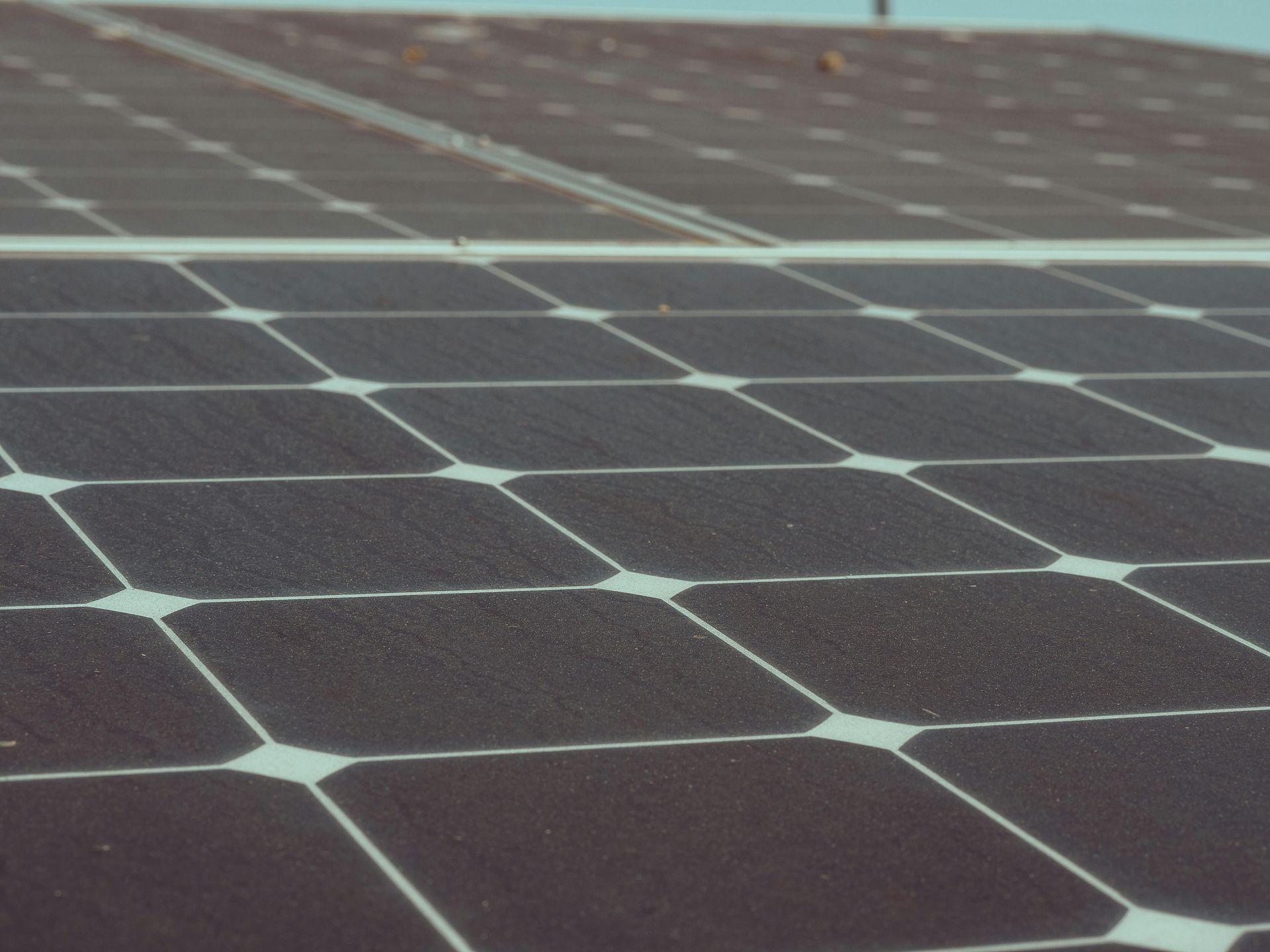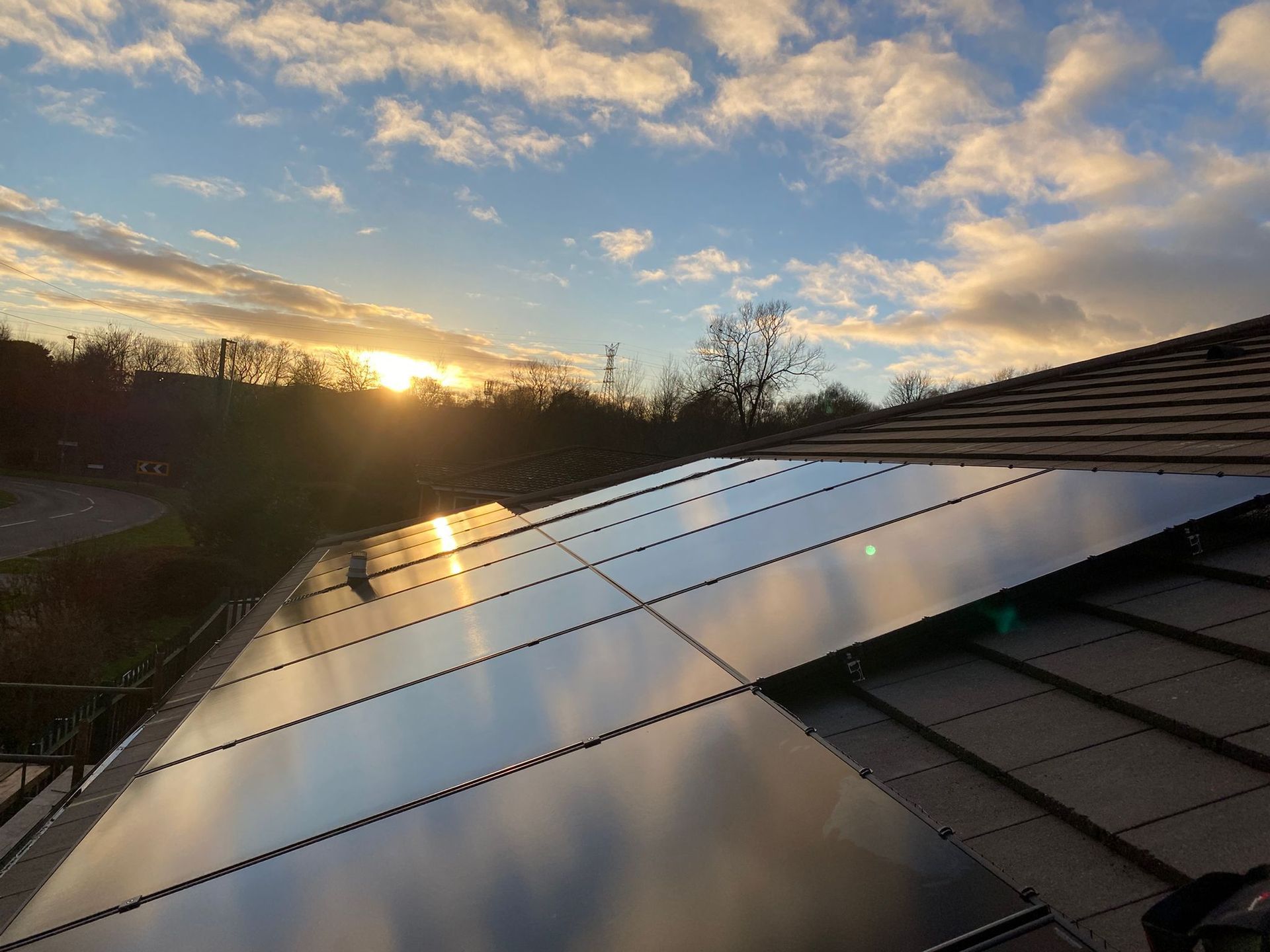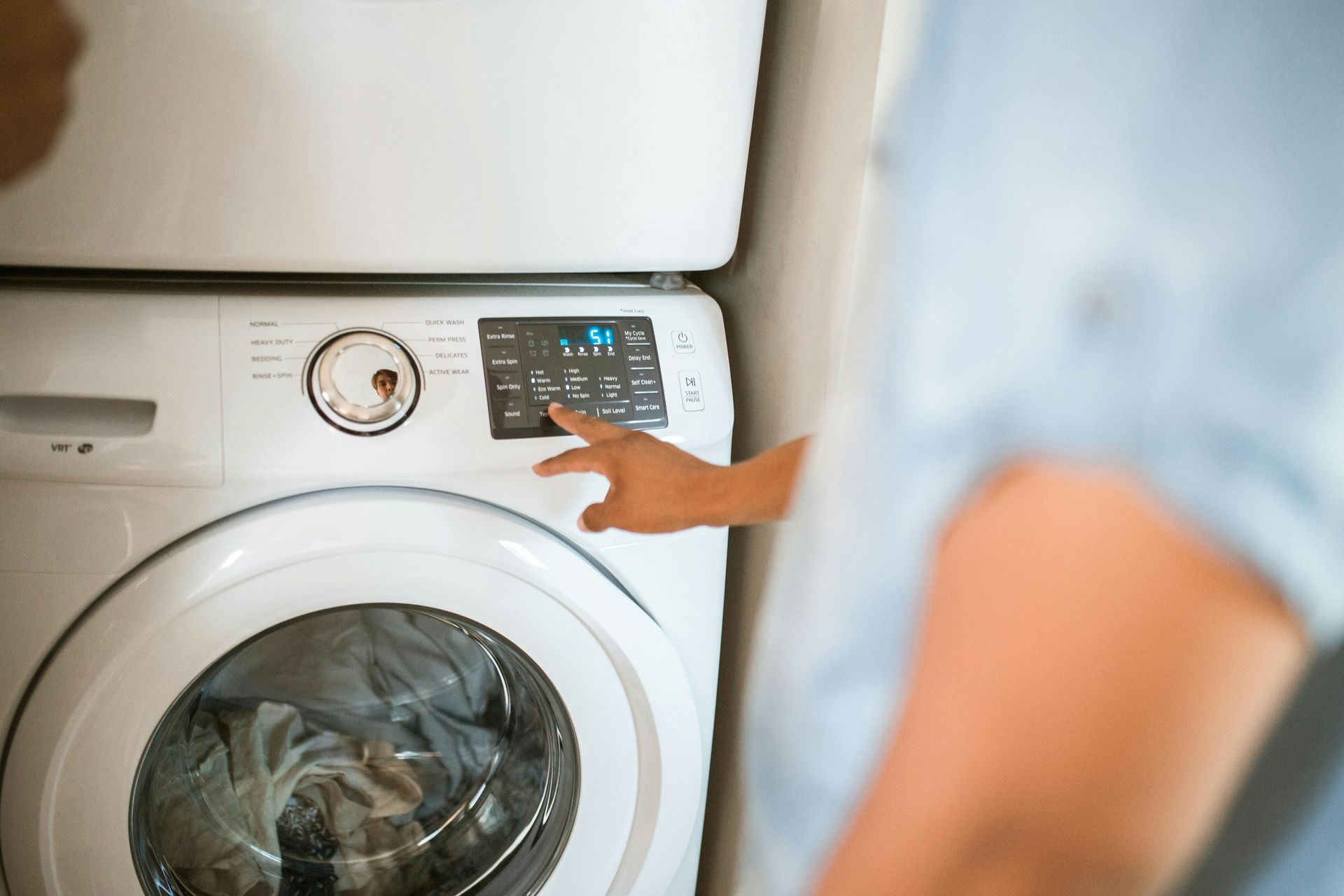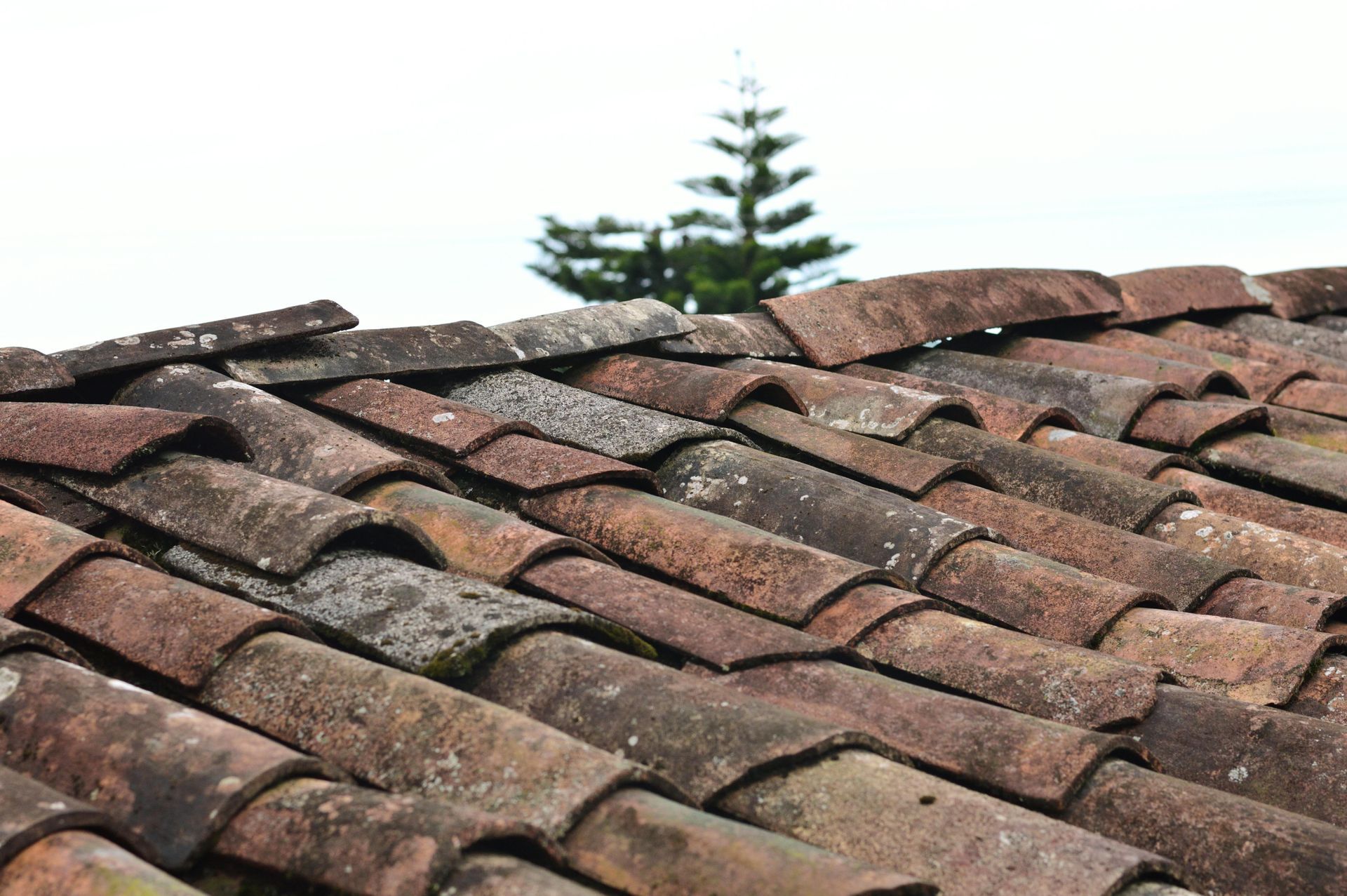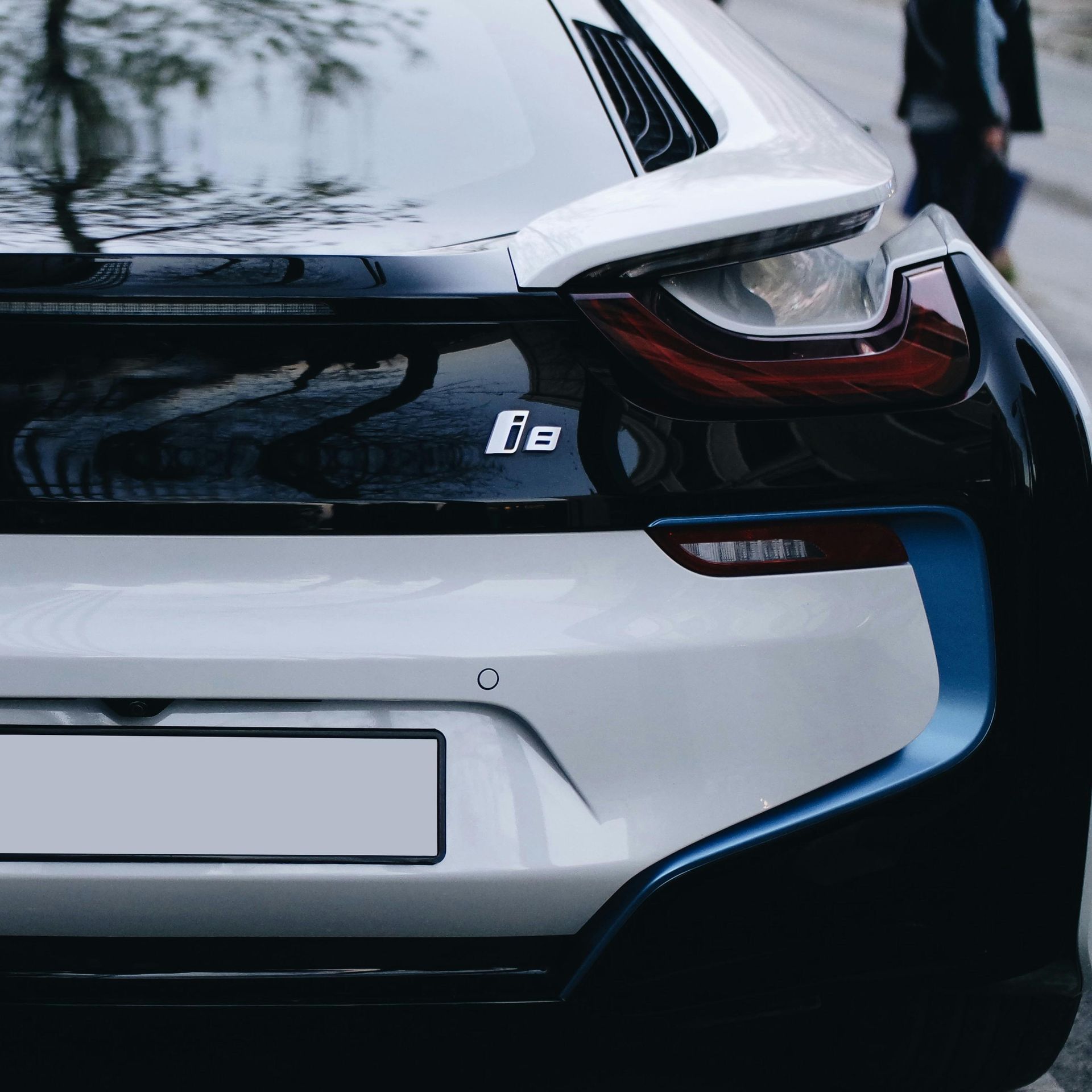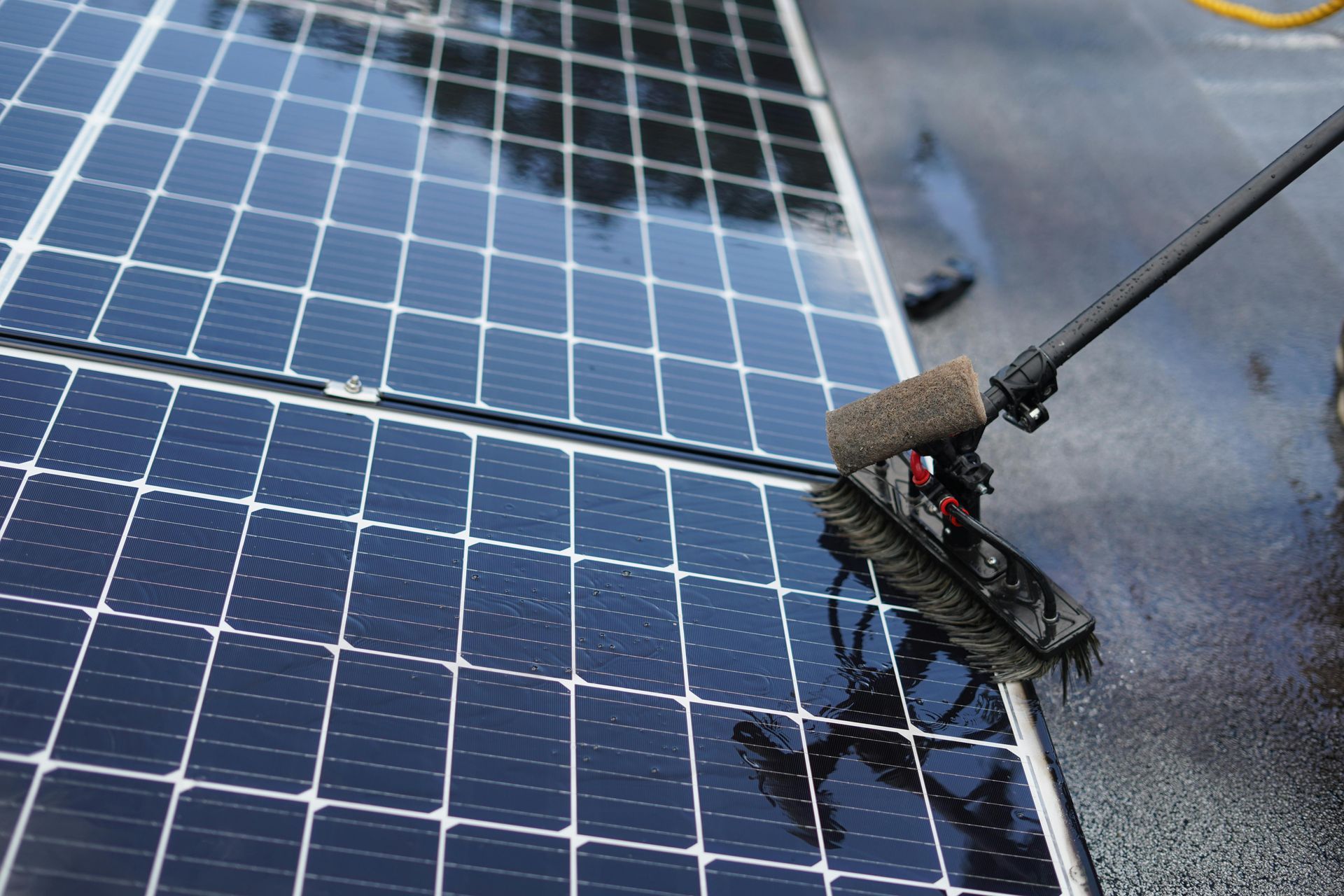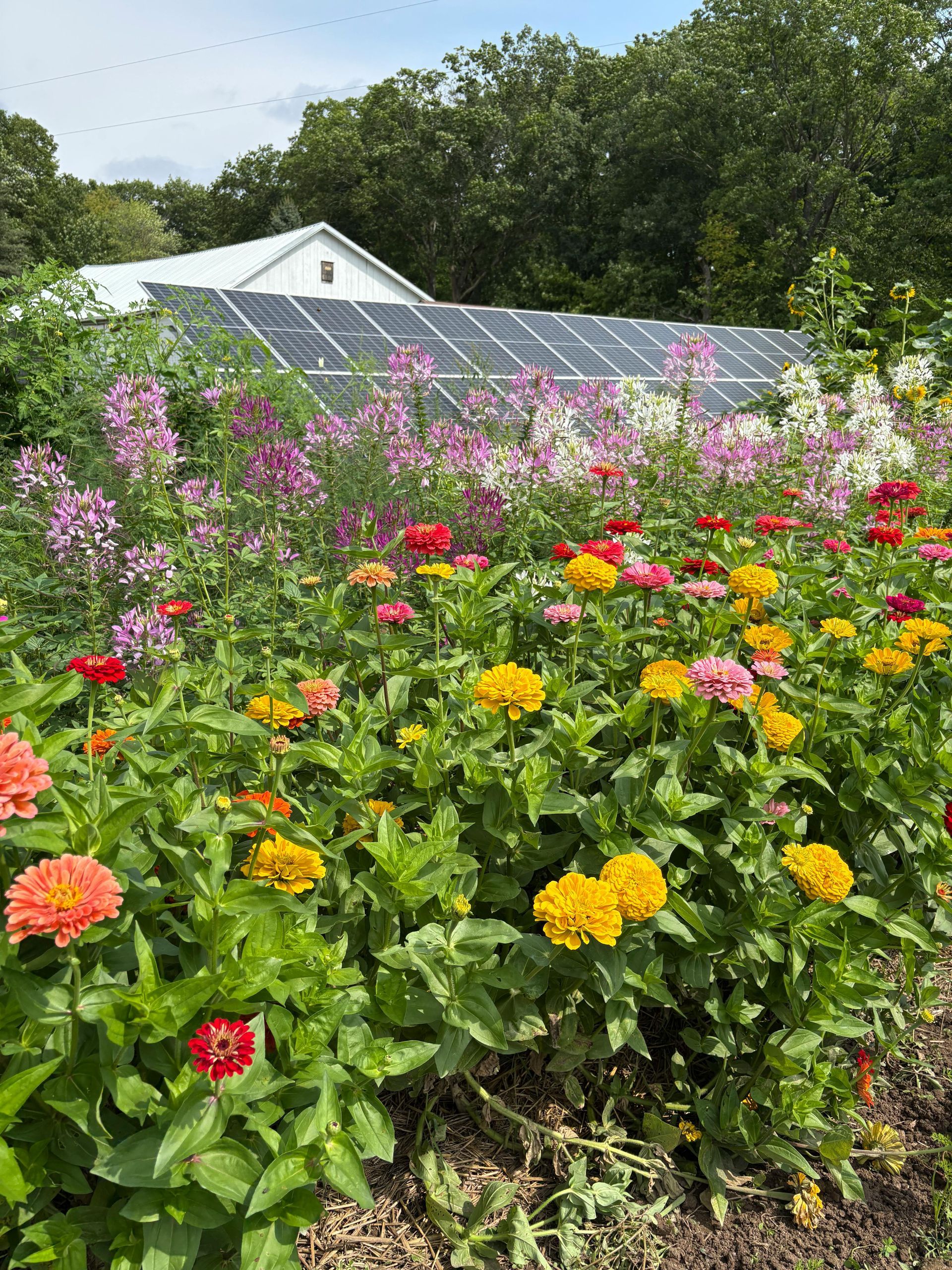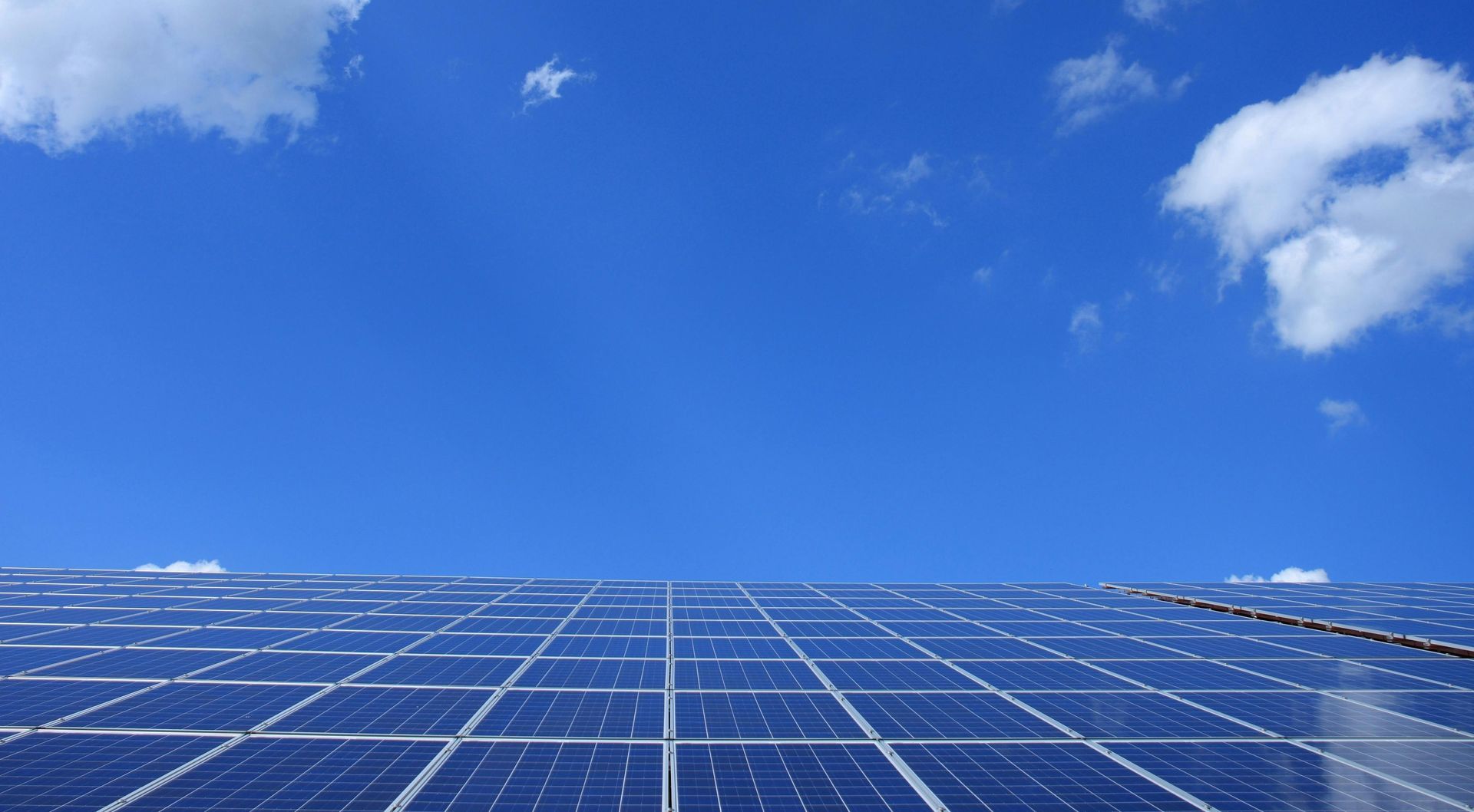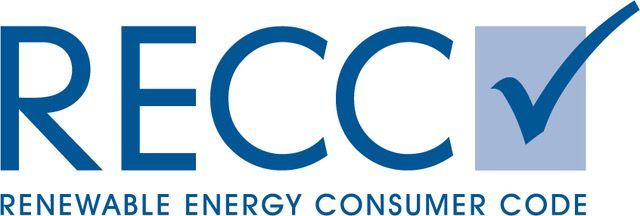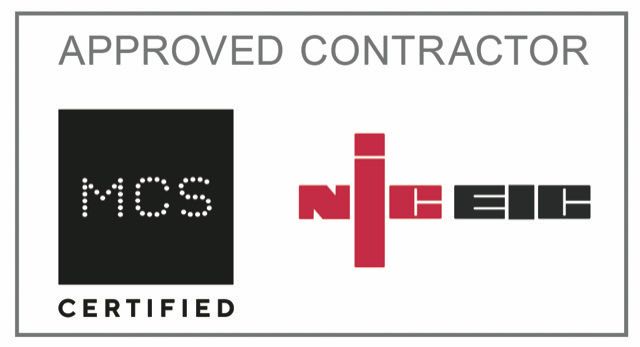Do Solar Panels Need Direct Sunlight?
Do Solar Panels Need Direct Sunlight?
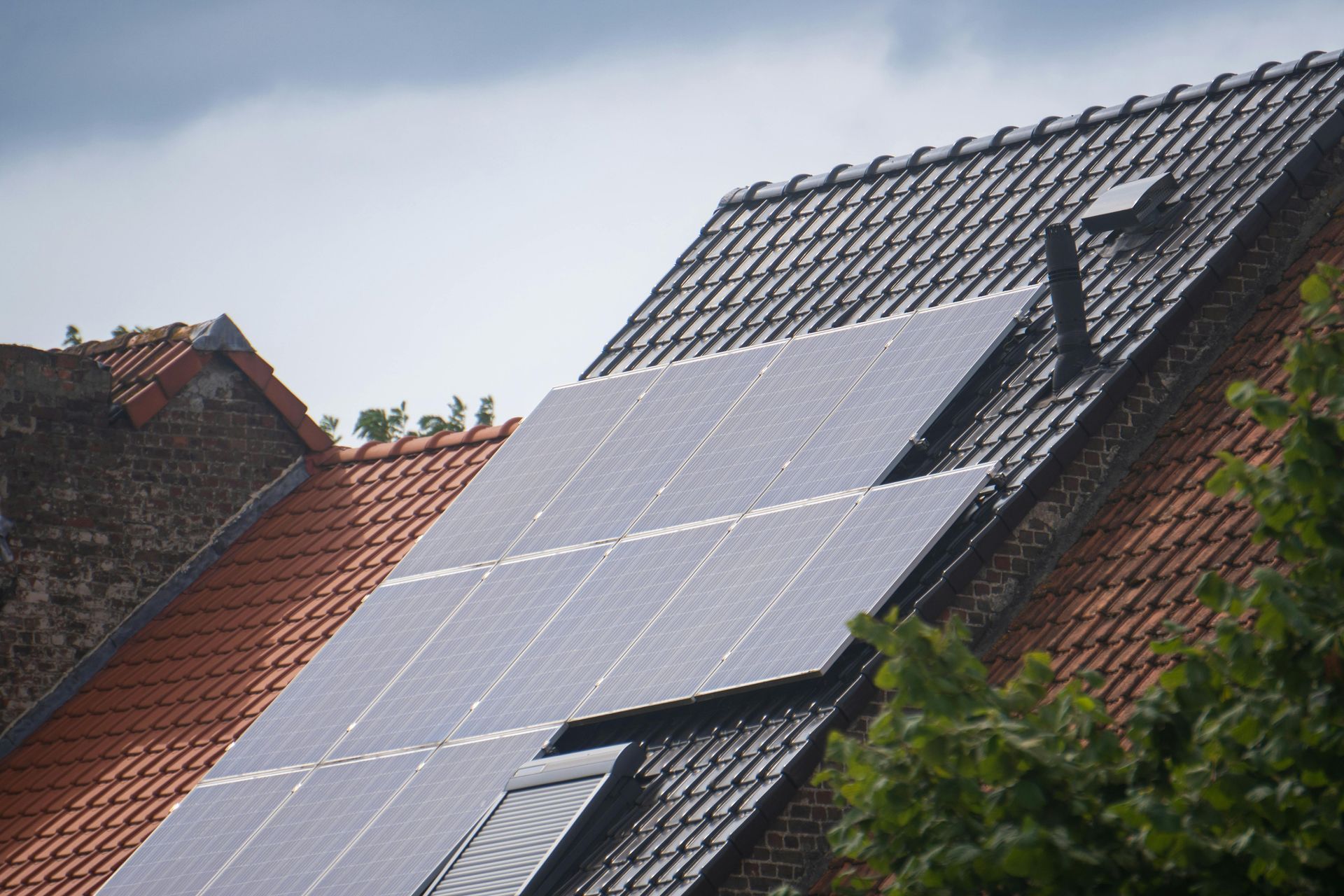
When it comes to solar panels, one of the most common misconceptions is that they require direct sunlight to function effectively. While it's true that solar panels are designed to convert sunlight into electricity, their performance isn't solely dependent on direct exposure to the sun. So, do solar panels need direct sunlight to work? The short answer is no, here's some on how solar panels operate and the factors that influence their efficiency.
How Do Solar Panels Work?
Solar panels, or photovoltaic (PV) panels, work by converting sunlight into electricity through the photovoltaic effect. The panels are made up of solar cells, which are primarily composed of semiconductor materials like silicon. When sunlight hits these cells, it activates the electrons in the material, causing them to flow and generate an electric current.
While the process depends on sunlight, solar panels can still produce electricity even in cloudy or overcast conditions. This is because solar cells can capture both direct and diffuse sunlight—diffuse sunlight being the scattered light that comes from the sky, not just the direct beam from the sun.
The Role of Direct Sunlight in Solar Panel Efficiency
Direct sunlight does enhance the efficiency of solar panels. Under clear skies, the solar cells can absorb more energy from the sun because the sunlight is more concentrated. The greater the intensity of the sunlight, the more energy is generated. Therefore, if you live somewhere with lots of sunny days, your solar panels will perform at their highest potential when exposed to direct sunlight.
However, it's important to understand that solar panels are designed to work in a variety of conditions, and they can still function without direct sunlight. Even on cloudy days, solar panels can still capture and convert the diffuse sunlight into energy, although it will be at a reduced efficiency. This is because the light that is diffused across the sky can still contain a significant amount of energy, just not as much as direct sunlight.
Factors Affecting Solar Panel Performance
Several factors impact how well solar panels perform, and while sunlight is the most critical factor, it’s not the only one. Here are some key elements that influence solar panel performance:
1. Angle and Location of Solar Panels
The angle at which your solar panels are installed can significantly affect how much sunlight they capture. Solar panels should ideally be positioned to face the sun at an optimal angle for your geographical location. In the UK, this typically means positioning the panels to face south. If solar panels are not angled correctly, they may not capture as much sunlight, reducing their energy production even on sunny days. The correct orientation can help maximise the amount of sunlight—whether direct or diffuse—striking the surface of the panels.
2. Weather Conditions
Cloudy, rainy, or overcast weather can reduce the amount of sunlight reaching your solar panels. However, even in these conditions, solar panels can still generate electricity. The key difference is that the energy production will be lower compared to bright, sunny days. Solar panels are designed to work in all weather conditions, but cloudy days do result in less efficient energy conversion.
3. Seasonal Variations
Throughout the year, the amount of direct sunlight varies depending on your location. In the winter months, for example, the sun’s angle is lower in the sky, which can reduce the amount of sunlight your solar panels receive. On the other hand, during the summer months, the sun’s higher position in the sky results in more direct sunlight hitting the panels.
4. Shading
Shade can have a substantial effect on the performance of solar panels. Even a small amount of shade from trees, buildings, or other obstructions can reduce the efficiency of the panels. Shade causes certain sections of the panel to underperform, leading to a reduction in overall energy production. It’s crucial to install solar panels in areas where they will be exposed to as much direct sunlight as possible and to avoid shading.
Solar Panels and Diffuse Light
As mentioned earlier, solar panels don’t need direct sunlight to generate electricity. They can still operate effectively in diffuse sunlight. In fact, studies have shown that solar panels can perform well even in regions with frequent cloud cover, as long as the diffuse sunlight is available. Solar panels’ ability to capture diffuse light makes them versatile and suitable for a wide range of climates, including those that experience significant cloud cover or shorter daylight hours.
Overall, while direct sunlight does improve the efficiency of solar panels, it is not a strict requirement for them to function. Solar panels are designed to capture both direct and diffuse sunlight, allowing them to generate electricity in a variety of weather conditions. The key to maximising the performance of solar panels lies in proper installation, optimal orientation and ensuring they are free from shading. So, even if you live in an area with frequent cloud cover, you can still benefit from solar power without needing direct sunlight all the time.
Do you have more questions about solar panels and solar panel installation at your home or business? Get in touch with us to ask any questions you might have and find out more to see if solar panels for your home are right for you.

